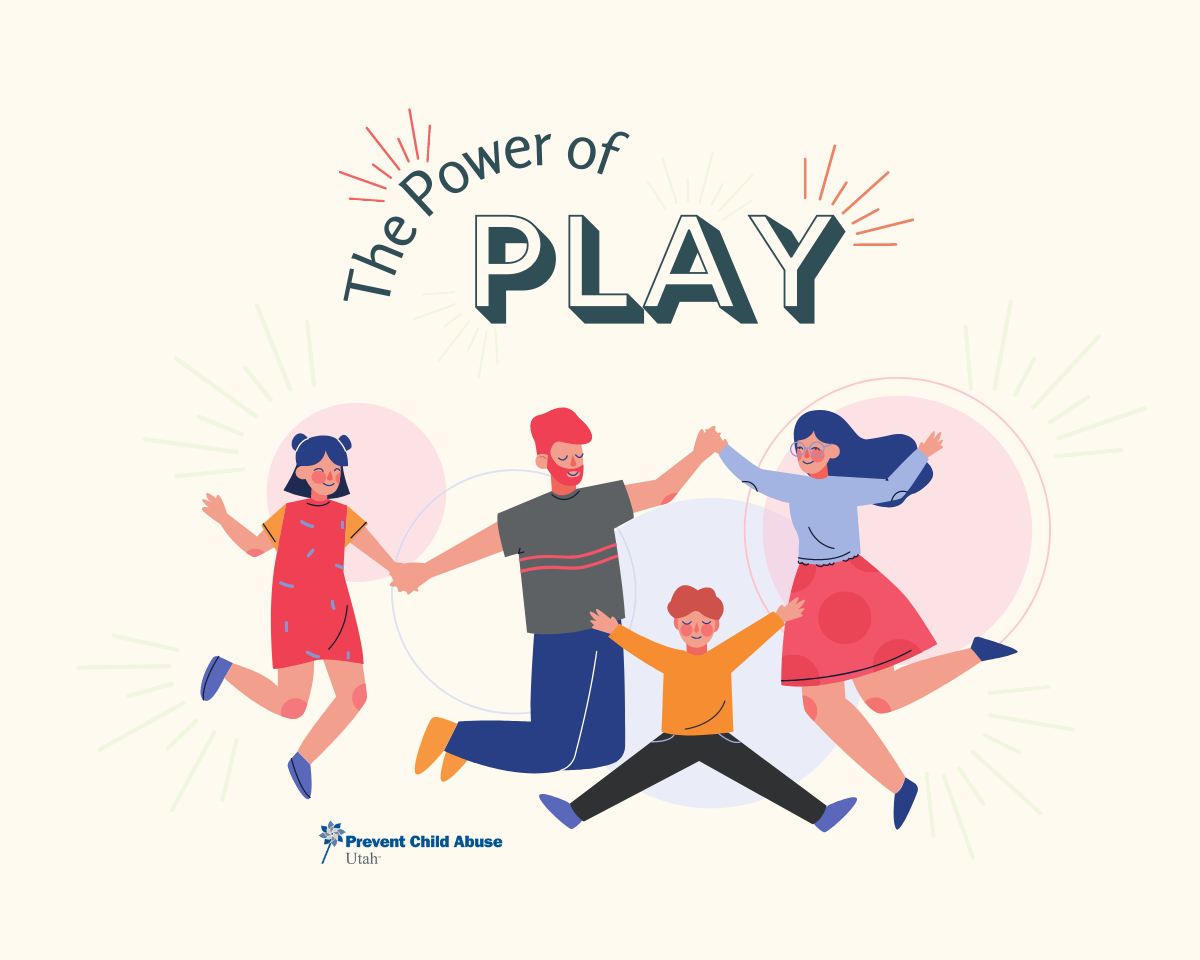
Every parent wants their child to excel. Parents want their children to do their homework and study hard, to succeed in their extracurricular activities, and to grow into conscious, responsible adults. But one essential aspect of healthy childhood development that’s often overlooked is the importance of play.
“Play is one of the best predictors of social and intellectual development in young children” – Professor Jeffery Trawick-Smith, expert in the field of early childhood education.
For decades, the vital role of play has been well understood by researchers. Play has numerous educational, social, and therapeutic benefits, and can positively influence academic success. It provides children with opportunities to communicate and negotiate with their peers: skills which are key to healthy social-emotional development. It allows children to navigate difficult concepts and express aspects of their daily lives to themselves and others. As a child’s imagination increases, so does their capacity for empathy and various coping skills they’ll need throughout their adult lives. Play has even been shown to help children work through stress, trauma, and family conflict.
So what is play? The Oxford Dictionary defines play as “engaging in activity for enjoyment and recreation rather than a serious or practical purpose.”
Let’s take a look at the five characteristics of meaningful play.
- Play should be relatively unstructured, and children should be allowed to make their own decisions. This fosters a sense of autonomy within the child and encourages them to make connections between choices and consequences. Open-ended materials such as blocks or play-dough can be played with in numerous ways and encourage children to be imaginative.
- Play should be intrinsically motivated. Children have a natural curiosity about the world and the impulse to play should stem from this curiosity. It’s important to note that this impulse to play is as strong as a child’s need for food and sleep.
- Play should immerse the child in the moment. When a child is truly at play, they lose awareness of time, space, and their surroundings. It’s in this place of suspended reality that children have the safety and security needed to explore their world and try new things.
- Play should be spontaneous. Unscripted play allows a child to make impulsive changes. Play is often completely unplanned and may transform in unexpected ways.
- Play should be enjoyable. It should always have a positive, emotional response attached to it. If play ceases to be enjoyable, then it simply becomes an activity.
Given the copious benefits of play, it might come as a surprise that within first-world cultures, rates of childhood play have been on the decline over the past 50 to 60 years. Unstructured play is often thought of as a “waste of time” by a society that values efficiency to a potentially harmful exent.
Consider the “Baby-boomers”. In the 1950’s, most elementary school children were allowed over two hours of recess a day. The school year was 5 weeks shorter, and students had much, MUCH less homework on a daily basis. Children were able to play during school, after school, and all day every day during the summer break. Play was unstructured and generally without much supervision. This provided ample opportunity for the development of the interpersonal and coping skills needed throughout adult life.
And yet, in our fast-paced, modern world, time once allocated for unstructured play has increasingly been dedicated to highly formalized recreational activities such as a dance class or basketball team. While extracurricular activities are important, they lack many of the key features essential to healthy childhood play; they’re highly formalized with a strict set of rules and expectations that limit the creative expression and choices of the children involved. Furthermore, children may be motivated to participate in these activities not because they find them intrinsically rewarding in some way, but because they seek the approval or admiration of their parents or peers.
So what small changes can parents, teachers, and caregivers make to a child’s environment to encourage healthy play?
- Schedule time for unstructured play. Children may complain that they’re bored or don’t know what to do, but resist the urge to rush in and provide instructions. During healthy play, the structure is self-directed and established by the children themselves. Boredom can be a powerful catalyst for creativity.
- Have open-ended toys available such as blocks, playdough, legos etc. that can be played with in countless ways.
- Provide opportunities for group play with limited adult supervision. Children learn many important lessons and conflict resolution skills by playing and negotiating with one another.
- Limit the number of extracurricular activities. Again, it’s fine to make these a priority, but if they’re completely infringing upon a child’s opportunity for unstructured, creative play, they’ve become detrimental.
Keep in mind that healthy childhood play does NOT need to be expensive or extravagant. A ball of rubber bands, a paper airplane, a stick in the back-yard; such household objects are perfect for sparking the imaginations of children and encouraging them to play, learn, and develop.
We also encourage YOU to play with your child whenever the chance arises; whether you’re loading the dishwasher, doing laundry, working on your vehicle, or running some errands, there’s always an opportunity for an impromptu game of Eye Spy, Red-light Green-light, or Power Rangers. When parents and caregivers play with their children, they’re not only encouraging healthy development but re-establishing themselves as concrete sources of love and support in their child’s life. Prioritize opportunities for play. Your kids love and need it more than you know!
Sources:
The Power of Play – How Fun and Games Help Children Thrive
